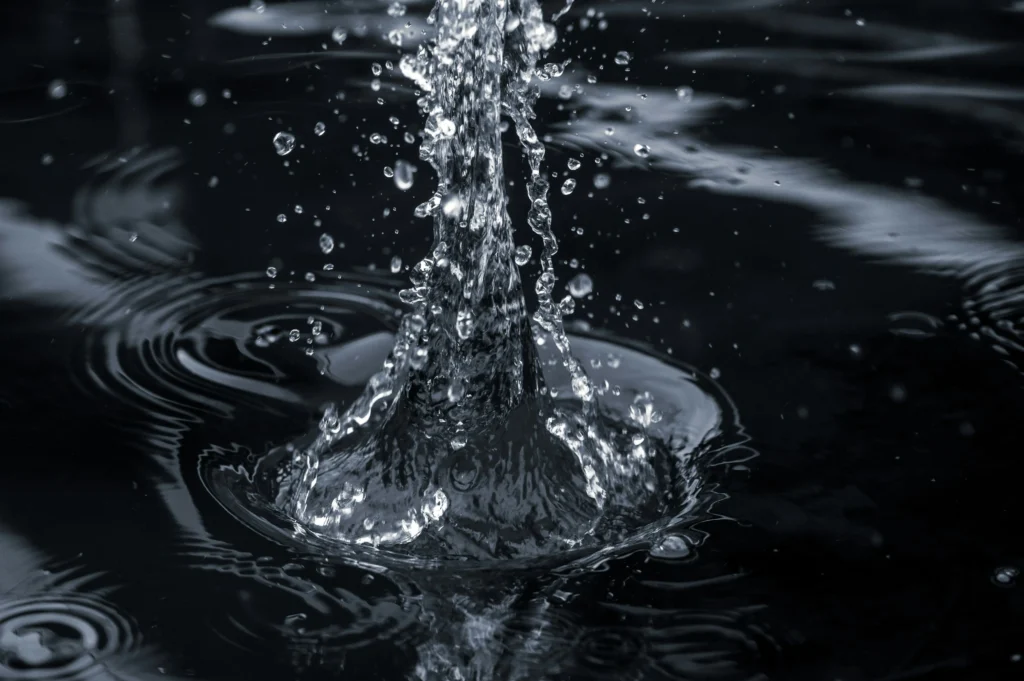Tanker water is a widely used alternative to municipal supply in Kochi, especially during water shortages or in areas with limited pipeline access. However, ensuring its safety is crucial to prevent health risks. This guide explores the key aspects of tanker water safety, including understanding tanker water sources, key safety concerns, treatment methods, government regulations, and safe storage practices.
Understanding Tanker Water Sources
Tanker water in Kochi is sourced from wells, borewells, rivers, and sometimes private reservoirs. The quality of water varies depending on the source and the treatment it undergoes before distribution. It is important to verify the supplier’s source to ensure it meets safety standards.
Key Safety Concerns with Tanker Water
Tanker water can be prone to contamination due to improper sourcing, unclean storage tanks, and unhygienic transportation. Common issues include:
- Presence of bacteria, viruses, and other pathogens
- Chemical contaminants from industrial or agricultural runoff
- Heavy metals from groundwater sources
- Cross-contamination due to inadequate sanitation of tankers
How to Ensure Safe Tanker Water
To minimize health risks, follow these steps:
- Always purchase tanker water from verified and licensed suppliers.
- Check the water clarity, odor, and taste before usage.
- Conduct periodic water quality tests to identify contaminants.
Government Regulations and Safety
The Kerala Water Authority (KWA) and local health departments have regulations for water quality and distribution. Key regulations include:
- Licensing requirements for tanker water suppliers
- Periodic water quality testing and reporting
- Guidelines on safe transportation and storage
Ensure that your supplier complies with these standards to guarantee safe drinking water.
Safe Storage Practices
Proper storage is essential to maintain the quality of tanker water. Follow these best practices:
- Use clean, covered storage tanks to prevent contamination.
- Regularly clean and disinfect water storage containers.
- Avoid mixing fresh tanker water with old stored water.
Treatment Methods Before Usage
Before consuming tanker water, consider these treatment methods:
- Boiling: Kills bacteria and viruses, making water safe for drinking.
- Filtration: Removes sediments, chlorine, and certain impurities.
- Chlorination: Helps disinfect water but must be done in appropriate doses.
- Reverse Osmosis (RO): Ideal for removing dissolved solids and heavy metals.
Common Issues and Solutions
| Issue | Solution |
| Cloudy or discolored water | Let the water settle and use filtration |
| Foul smell or taste | Conduct quality testing and treat with appropriate methods |
| Frequent contamination | Change supplier and ensure hygienic storage |
Conclusion
Tanker water is a vital resource in Kochi, but ensuring its safety is essential for good health. By understanding the sources, addressing key safety concerns, following government regulations, and applying proper treatment and storage methods, you can safeguard your household from potential water-related issues. Always stay informed and proactive about water quality to ensure a reliable and safe water supply in Kochi

